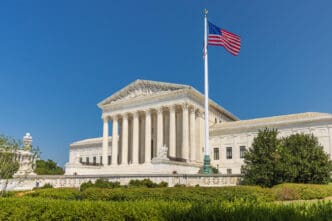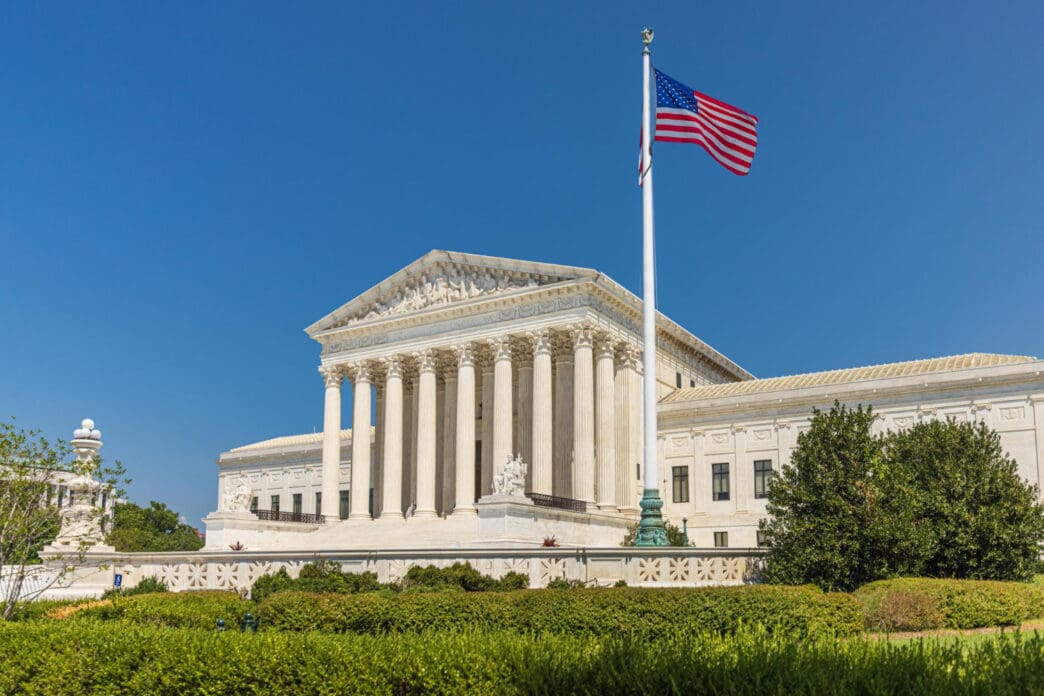Executive Summary
The Story So Far
Why This Matters
Who Thinks What?
Treasury Secretary Scott Bessent indicated Sunday that the Treasury Department would be compelled to issue refunds for approximately half of the tariffs currently in place if the Supreme Court upholds an appeals court ruling that President Donald Trump’s “reciprocal” tariffs exceeded presidential authority. The remarks come as the Trump administration appeals an August 29 federal appeals court decision, which found that certain tariffs imposed earlier this year under the International Emergency Economic Powers Act (IEEPA) were unauthorized.
Potential Tariff Refunds and Future Policy
During an appearance on NBC News’ “Meet the Press,” Bessent stated that issuing such refunds would be “terrible for the Treasury” but would be a necessary action if mandated by the Supreme Court. He also noted that “numerous other avenues” for implementing tariffs exist, although these alternatives might “diminish President Trump’s negotiating position.”
National Economic Council Director Kevin Hassett, speaking on CBS News’ “Face the Nation,” similarly suggested that “other legal authorities” could be utilized to implement tariffs if the Supreme Court does not rule in favor of the administration. Among his suggestions were “Section 232” investigations, which have previously been used for steel and aluminum tariffs.
Appeals Court Ruling and Supreme Court Appeal
A federal appeals court ruled on August 29 that President Trump’s “reciprocal” tariffs, which went into effect in early August, breached the president’s authority. The court’s majority ruling stated, “We discern no clear congressional authorization by IEEPA for tariffs of the magnitude of the Reciprocal Tariffs and Trafficking Tariffs.”
The court delayed the implementation of its order until October 14, allowing the challenged tariffs to remain in effect for the time being. The Trump administration formally appealed the ruling to the Supreme Court on Wednesday, arguing that the absence of tariffs could lead to a “poor nation.” Bessent expressed confidence on Sunday that the Trump administration would prevail in the Supreme Court.
Economic Impact and Administration Stance
The ongoing tariff policies have coincided with recent economic data. The Bureau of Labor Statistics’ August jobs report indicated that the U.S. economy added approximately 22,000 jobs in August, with the unemployment rate ticking up to 4.3%, marking its highest point in nearly four years.
Economist Joe Brusuelas of RSM US highlighted an “undeniable” impact on hiring within the goods business sector. He noted that this sector has experienced “four straight months of declines since May,” attributing these trends, in part, to the tariff policy and its application.
The Trump administration has consistently asserted that American companies should absorb the additional costs associated with tariffs, denying that these duties constitute a tax on American consumers. However, several major companies, including Nike, Hasbro, and Walmart, have issued warnings that tariffs could lead to price increases for consumers.
Tariff Revenue Collection
The Treasury Department’s monthly statement reported that the United States collected approximately $28 billion in customs duties in July. This figure represents an increase from the $16.8 billion in gross customs duties reported for April. Furthermore, the Department of Homeland Security stated in June that U.S. Customs and Border Protection collected $81.5 billion from Trump’s tariffs.
The legal challenge to President Trump’s tariff authority underscores significant potential financial implications for the Treasury and the broader economy. The outcome of the Supreme Court appeal will likely shape future trade policy and the administration’s approach to international negotiations.








